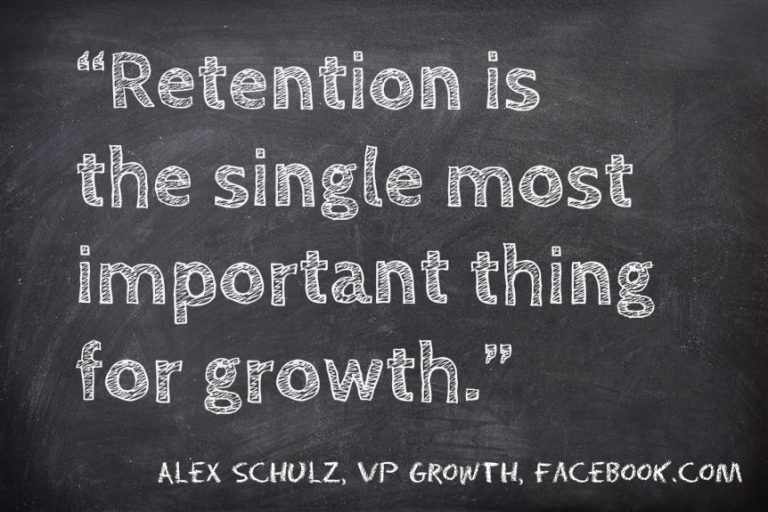It was March 10, 1876, when Alexander Graham Bell rang up his assistant to say, “Mr. Watson, come here. I want to see you”.
It was the first phone call ever made and did you know the second phone call was made later that evening on the same day. A telemarketer rang up asking if a Mr. Dell resided there and if we want to buy some genuine snake oil.
Since then, marketing and phone have always been together.
The second phone call should not surprise you as much as the fact that it was not until 2007 that the National Do Not Call (NDNC) registry now called the National Customer Preference Register (NCPR) finally came into being. The Telecom Regulatory Authority of India (TRAI) established a national opt-in registry of users who didn’t want any spam sent to them. Since then, over 23 crore phone numbers have been added to that registry.
For those of us who are still confused (you are the only one, many people still aren’t sure how it works), here’s everything you need to know about DNC and DNC lookup.
The Do Not Call Registry lets you opt out of marketing calls and messages addressed to your telephone number, allowing you to have more control over the kind of messages you receive on your landline or mobile phone.
The primary objective of the National Do Not Call Registry (NDNC) is to curb Unsolicited Commercial Communication (UCC).
Now, what is UCC, “any message, through telecommunications service, which is transmitted for the purpose of informingabout, or soliciting or promoting any commercial transaction in relation to goods, investments or services which a subscriber opts not to receive.”
Basically, DNC is meant to focus on telemarketing calls or messages of a commercial nature but messages for
- Market survey or research;
- Promote charitable or religious causes;
- Personal messages sent by individuals;
- Public messages sent by government agencies;
- Political messages
are not covered under the DNC provisions.
If you thought it changed things completely, you’re wrong. Spam hasn’t stopped even for users who have registered on its national Do Not Disturb (DND) registry opting for DND check as they still get texts and calls from telemarketers.
Explicit Consent
When users give out their phone numbers, TRAI says it doesn’t necessarily mean they are consenting to receive marketing information. Having a note on how to opt-out is a common feature and in some countries a regulatory requirement in email and SMS.
Marketers who initiate unsolicited commercial communication with a person who has opted not to receive such communications can face a fine of Rs. 500 per call/SMS as well as disconnection of their telephone services.
TRAI offers an option to opt out for promotional calls and SMS from particular 7 categories
- Banking/Financial Products/ Insurance/Credit cards
- Real Estate
- Education
- Health
- Consumer Goods and Automobiles
- Entertainment/Broadcasting/Communication/IT
- Tourism and Leisure
To add your number in NDNC list you need to send an SMS to 1909.
You will instantly receive an SMS for registration in NDNC list while it may take up to 2-3 days for DND activation on your number. If you do not get a confirmation call from TRAI, try calling 1909 and then follow instructions.
For example, if you wish to stop receiving calls and SMS from Consumer Goods and Automobiles, send an SMS as “STOP 5” to 1909.
Now you know what to do when you wish to stop receiving marketing messages and calls, but if you choose to receive marketing messages from certain organisations, all you need to do is give them your clear and unambiguous consent in any accessible form. Organisations that have obtained your consent may then send marketing messages to your mobile phone number, even if it is registered with the DNC Registry.



